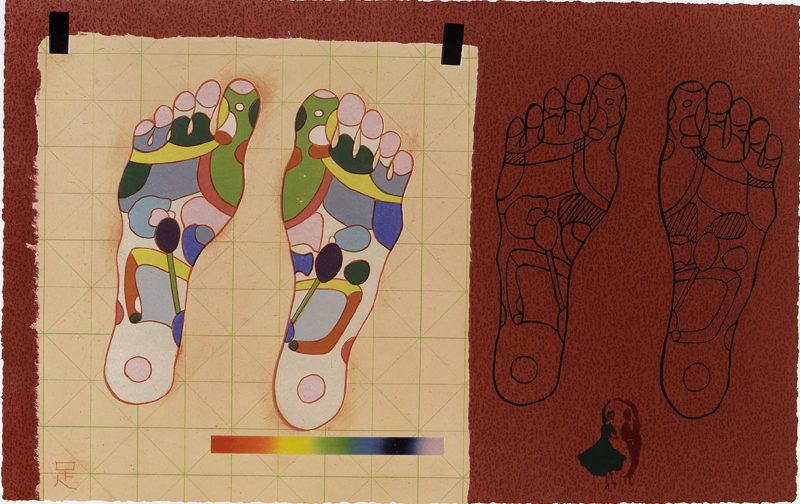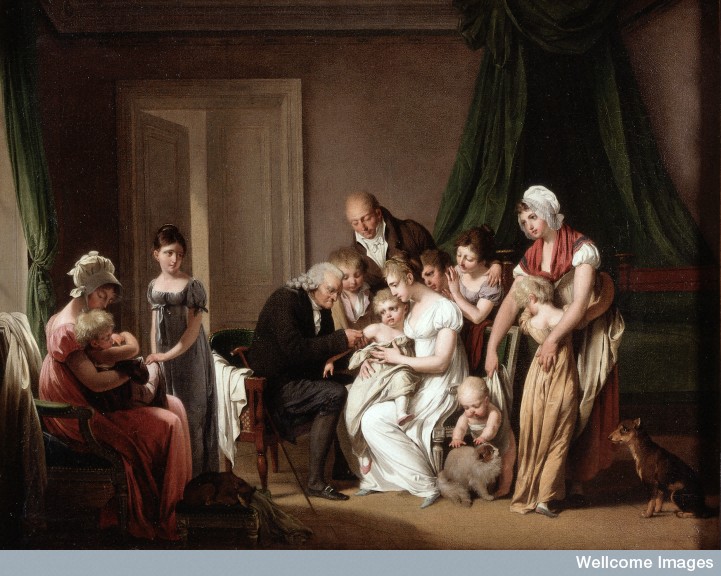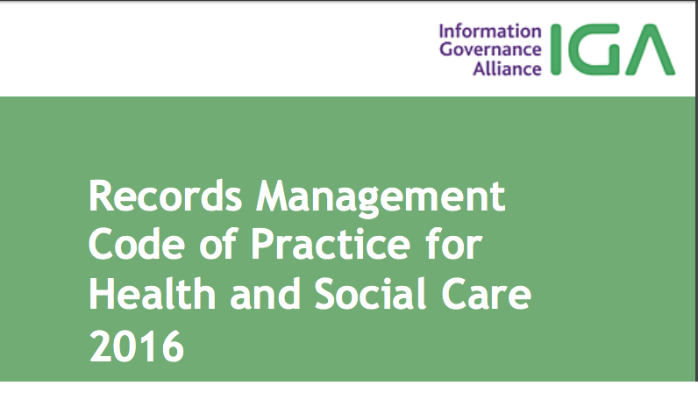New NHS Code of Practice on Records Management
Posted onLaura Hynds, records manager working within the NHS, January 2017
During 2015/2016 Daniel Scott-Davies and I, on behalf of the Archives and Records Association (ARA) were involved in the revision of the NHS Code of Practice on Records Management, last revised in 2009. The revised Code of Practice was written by the Information Governance Alliance (IGA) and can be found at the following link: https://www.gov.uk/government/publications/records-management-code-of-practice-for-health-and-social-care. The previous Code of Practice and associated retention schedule have now been withdrawn.
The NHS Code of Practice on Records Management is the key guidance document for those working at all levels in the health sector regarding records retention periods and records management. It is used as the basis for organisational policies on the subject and provides guidance to organisations on the transfer of Public Records to a Place of Deposit – these are records identified with continuing value which should be in the care of professional archivists.
Whilst the archives community has had significant involvement in the major revision of the 2006 Code, the first draft that was viewed by the ARA of the new code was far from best professional practice – in particular the retention schedule. Along with my colleagues, I had serious concerns about the number of categories with retention actions of ‘destroy’, the lack of consideration for records which should be reviewed for long term archival retention and inconsistencies with legislation. Following this initial review of the document, Daniel and I decided that the ARA needed to be more involved in the process.
It took a formal letter from the CEO of the ARA addressed to the chair of the IGA, copied to several senior stakeholders including Dame Caldicott and MPs, for our concerns to be taken seriously and for us to be added to the working group for the revised code. Once we were more formally involved, a good working relationship between the ARA and the IGA developed which will be useful to draw upon in the future. Working together, we negotiated many changes to the document which at times was challenging. Many of the changes that were made were linked to the input of archivists for the 2006 Code.
Whilst the published version of the code is not perfect, the document was at a stage where it could be endorsed by the ARA and is a much stronger document than it was back in the summer of 2015. The first part of the published code provides up to date guidance on a range of record keeping issues from records storage to digital continuity and there is a new, useful section on dealing with specific types of records. These range from prison health records to records created by social media and websites.
The area where the ARA has had the most input has been the records retention schedule. This now includes right at the start a message regarding recordkeeping and the Independent Inquiry into Child Abuse. Retention periods for clinical research trial records have changed in line with European Regulations. The disposal actions of several record categories have also been updated. If you work within the health sector or acquire records from the health sector into an archive, it is definitely worth reviewing your own policies in line with the new guidance – something we are doing at present.
The retention schedule is shorter than the previous one and we have concerns in particular over the length of the section on pharmacy records as this is an area that produces large amounts of significant records within many NHS organisations, particularly hospitals. The schedule at least now links to somewhere where additional guidance can be found. We also continue to be concerned over the guidance on maintaining electronic patient records held in systems. Both of these issues will hopefully be considered with the first annual review of the code in July 2017.
On the NHS Digital website, it is now possible to provide feedback on the Code of Practice prior to the annual review. The link to provide feedback can be found here: https://nhs-digital.citizenspace.com/information-governance-alliance/records-management-code-of-practice-2016-feedback/. One of our concerns with the initial revision of the code was the lack of representation from the Royal Colleges. Due to the regular review cycle the document will continue to be worked upon and developed so please feedback any concerns you may have from a recordkeeping point of view. Daniel and I are also happy to raise concerns and advocate for those within the profession regarding the code of practice as well as other issues regarding recordkeeping within the NHS.




